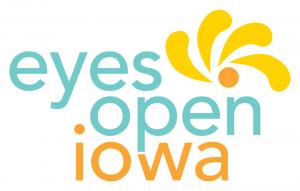At EyesOpenIowa, we specialize in helping educators, schools, and organizations deliver accurate, inclusive, and policy-aligned sexual health education. With decades of experience, our dedicated training and leadership teams work closely with you to develop a customized plan that meets your specific needs. Here's how we can support you:
Curriculum Alignment to Policies and Standards We ensure your curriculum is fully aligned with state and federal policies, as well as the latest educational standards, so your program is compliant and impactful.
Curriculum Development We collaborate with you to create a robust, tailored curriculum that incorporates the latest research and best practices, ensuring it is both effective and engaging.
Curriculum Review for Cultural and LGBTQ Inclusivity Our team assesses your content for cultural relevance and LGBTQ inclusivity, providing recommendations that foster an environment of respect and understanding for all students.
Curriculum Review for Medical Accuracy We verify the medical accuracy of your curriculum, ensuring all health-related content is up-to-date and evidence-based, promoting healthy decision-making.
Scope and Sequence Development and Review We help you develop or refine your scope and sequence to ensure learning objectives are met in a logical, structured manner, maximizing educational impact.
Partner with EyesOpenIowa to elevate your curriculum with customized, expert support, ensuring it is comprehensive, inclusive, and meets the highest standards of educational excellence.




